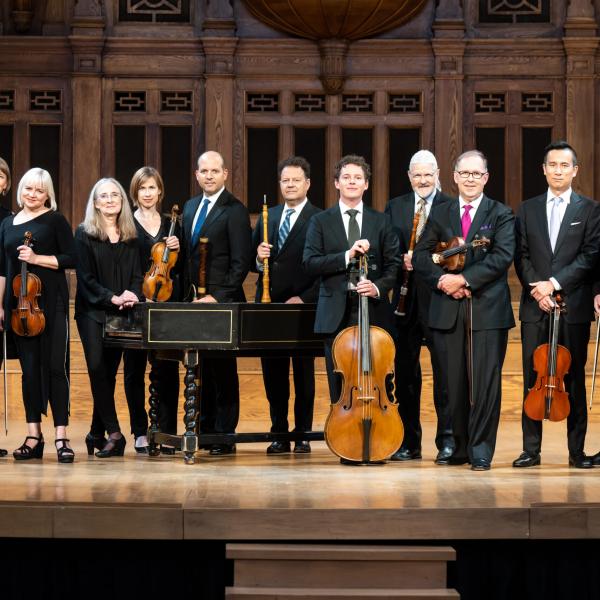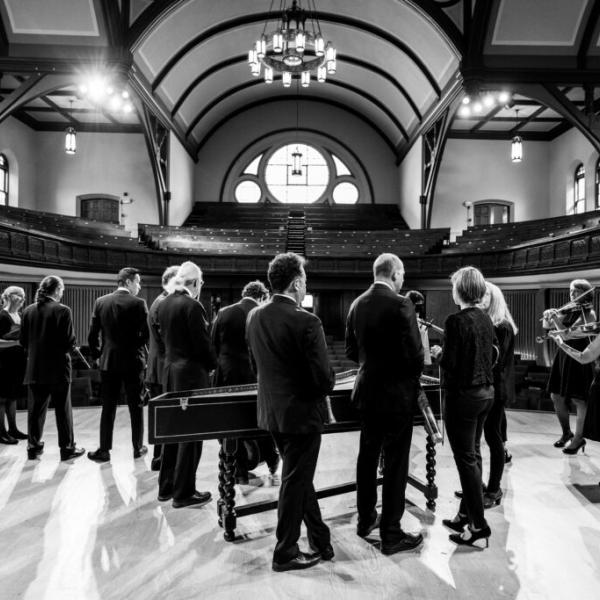Washington University in St. Louis is proud to announce that Parkorn Wangpaiboonkit, Assistant Professor of Musicology, has been awarded a 2024 ACLS Fellowship from the American Council of Learned Societies (ACLS). The ACLS Fellowship Program supports scholars who are poised to make original and significant contributions to knowledge in any field of the humanities or interpretive social sciences.
Wangpaiboonkit has been recognized as one of 60 exceptional early-career scholars selected through a multi-stage peer review from a pool of 1,100 applicants. ACLS Fellowships provide up to $60,000 to support scholars during six to 12 months of sustained research and writing. Awardees who do not hold tenure-track faculty appointments receive a supplement of $7,500 for research or other personal costs incurred during their award term.
“The applications we received this year were nothing short of inspiring – a powerful reminder of the capacity of humanistic research to illuminate and deepen understanding of the workings of our world” said John Paul Christy, Senior Director of US Programs at ACLS. “As scholars face increasing challenges to pursuing and disseminating their research, we remain committed to advancing their vital work."
Abstract:
This book project is a history of music and colonialism in Siam after its defeat in the Franco-Siamese War (1893). At this time, Siam was an absolute monarchy in crisis over the racial and civilizational standing of its regional kingdom against encroaching European colonization across Southeast Asia. The book examines how the Siamese court strategically emulated aspects of European music into its own musical tradition to project an image of civilizational excellence. These efforts fashioned Siam as a sovereign nation with a musical culture legible to European observers, yet remaining Siamese enough to be racially distinct. The chapters address hybrid reforms in court opera as imperial spectacle and ethnological tool, the transformations in Siamese tuning theory, the invention of a developmental history for Siamese music, and the politically fraught quest to codify national song. This study shows that these practices were not subaltern efforts of anticolonial resistance, but a waning monarchy’s bid to harness the tools of European imperial power to renew its own sovereignty in a newfound global-colonial order. In this space of imperial competition, the idea of Europe looms in the Siamese imagination at once as a tangible threat and as a locus of desire.




